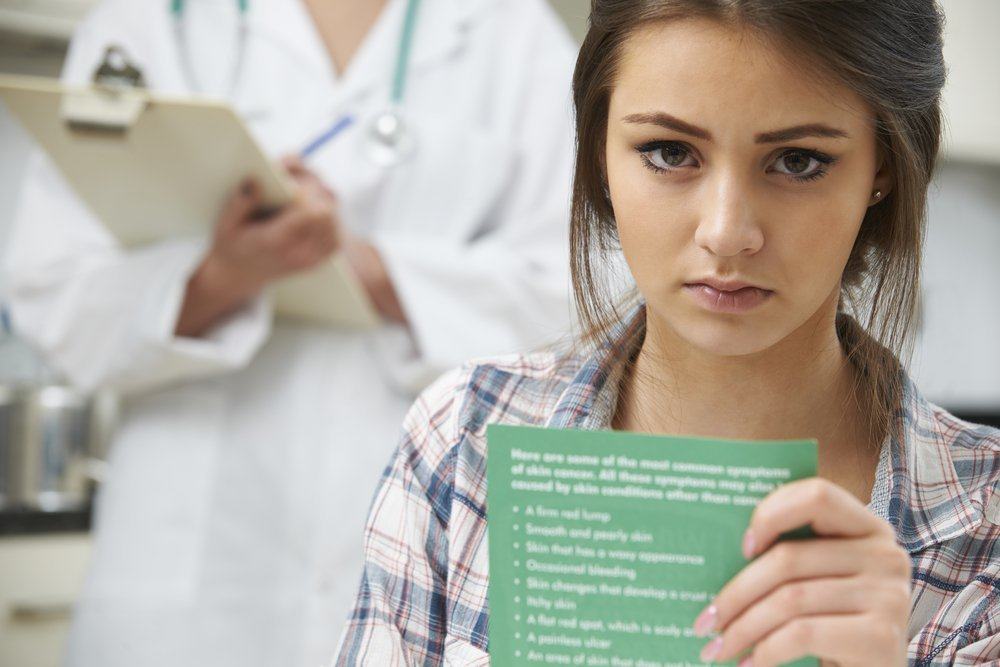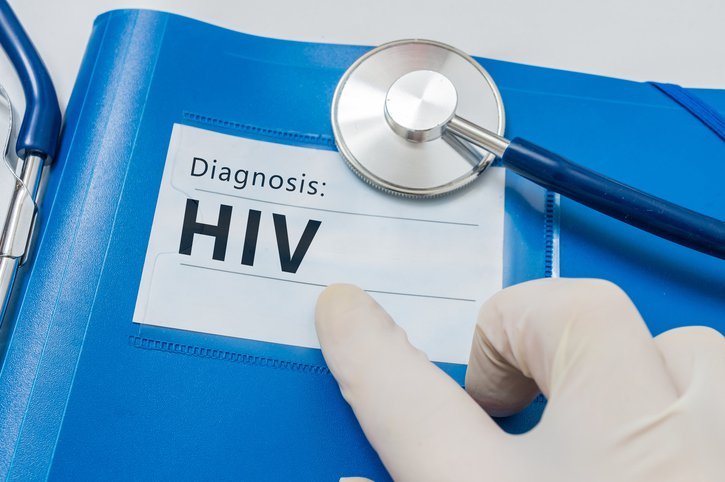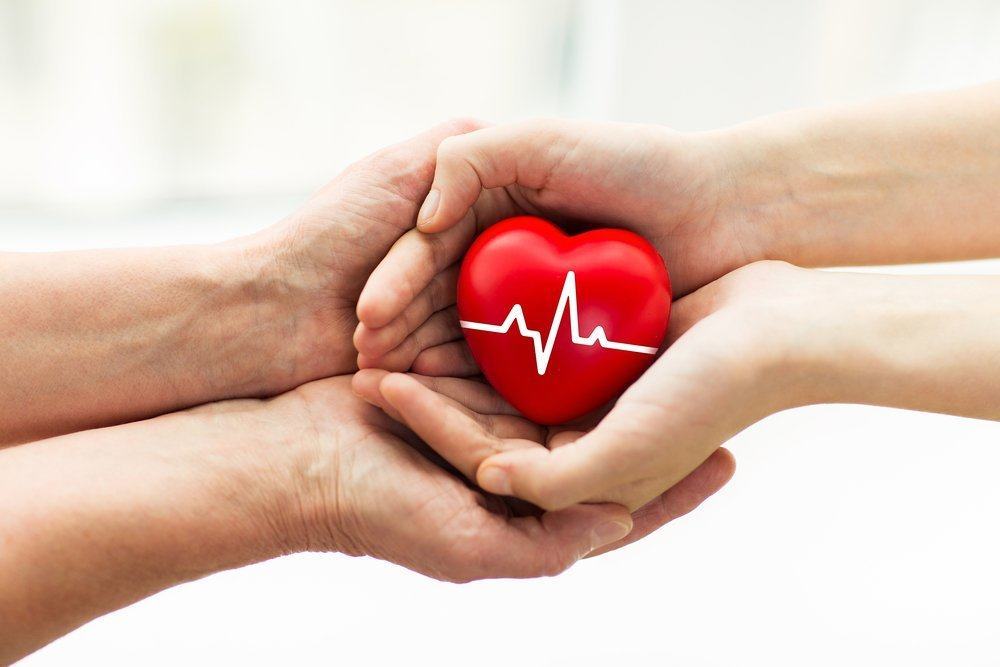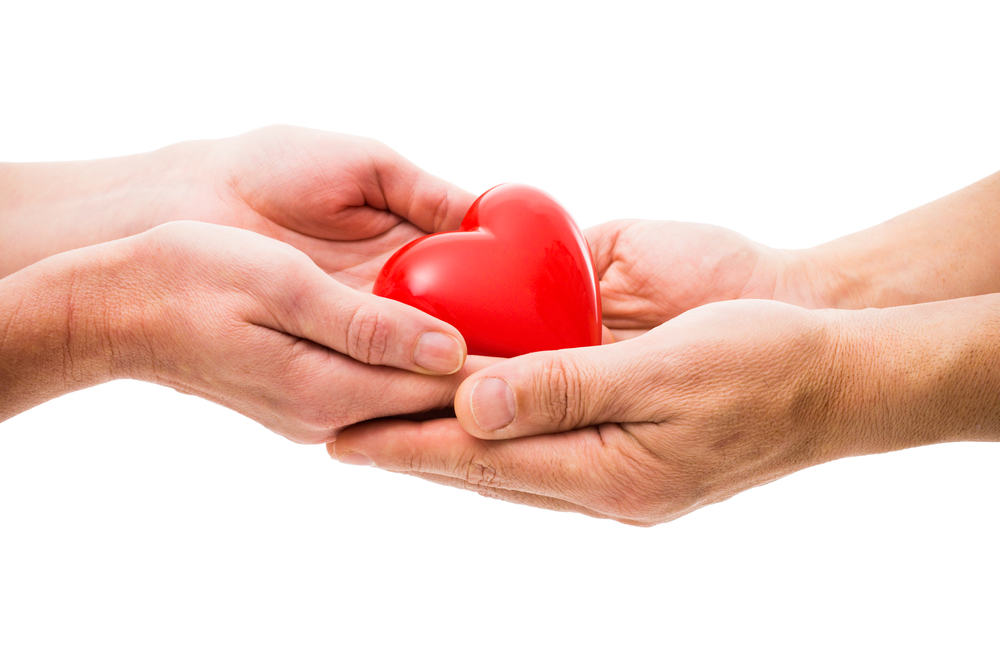Contents:
- Medical Video: 14 early warning signs of cancer is growing in your body
- Encourage your child to ask questions
- Prepare your child about things they need to talk about
- Make sure your child is ready for treatment
Medical Video: 14 early warning signs of cancer is growing in your body
Your doctor may just tell you that your teen has lung cancer. Right now you may still be in shock. One thing you need to know is that your teen is mature enough to understand what is happening and will want to be involved in every decision. It is important to support your teenagers and help them communicate with doctors and medical teams. Here are 10 tips that can help your teenager and you communicate:
Encourage your child to ask questions
The doctor will explain in more detail about lung cancer and treatment options for your child. Maybe you understand it, but if your child doesn't understand what the doctor is saying, ask your child to ask questions, even if it's a simple question. Let your child feel he has control in his health. This can also help you build trust in your child. You can also repeat what you understand to the doctor, so that the doctor knows what you and your child understand, so they can clarify if needed.
Prepare your child about things they need to talk about
You need to work with your child to prepare a list of questions they want to know so they can ask the doctor. In this way, you can make them talk during a visit to the doctor. In addition, you can also prepare your child for questions that may be asked by a doctor. You can practice with your child about the following topics:
- Tell your doctor and medical team about the child's medical history such as ongoing symptoms, lifestyle, in a few minutes so it doesn't take a long time.
- Ask questions about the conditions and their effects on aspects of a child's life.
- Tell the doctor and medical team about the child's needs in aspects of a child's life and how the child's condition can affect it.
- Tell the child that it's okay if they don't remember everything
Hearing that you have lung cancer can make a child feel depressed. Naturally, if children do not remember every detail. Especially for teenagers, lung cancer can mean changes in every aspect of life. Your child may be out of focus when meeting a doctor. You can help your child remember details and record them. Keep notes, test results, and medical documents neatly and in one folder, including contact information for the medical team. Bring this folder every time you visit a doctor.
Make sure your child is ready for treatment
Your teen may want to feel independent, but they still need your help, whether they realize it or not. Your guidance can help them deal with lung cancer and its changes in this difficult time. Ask the child if they are ready for treatment. Don't forget to remind them that you are always there to help him.
- Make sure they follow the advice of the doctor and always tell the medical team about the information from the referral.
- Remind children to maintain their diet, exercise, recreation, medication and hygiene.
- Monitor symptoms of physical and emotional health, as well as the needs and how to get help before they experience a serious medical crisis.
- Make an action plan if they need emergency help, which includes information on when to consult a doctor, the name of the hospital, the care the child wants and does not.
It's hard to deal with teenagers, even more difficult if your teen has lung cancer. But as parents, you will do your best to keep them healthy. Even though you give your child the freedom to work with a medical team, you need to stay with them in every step as a manifestation of your support.












